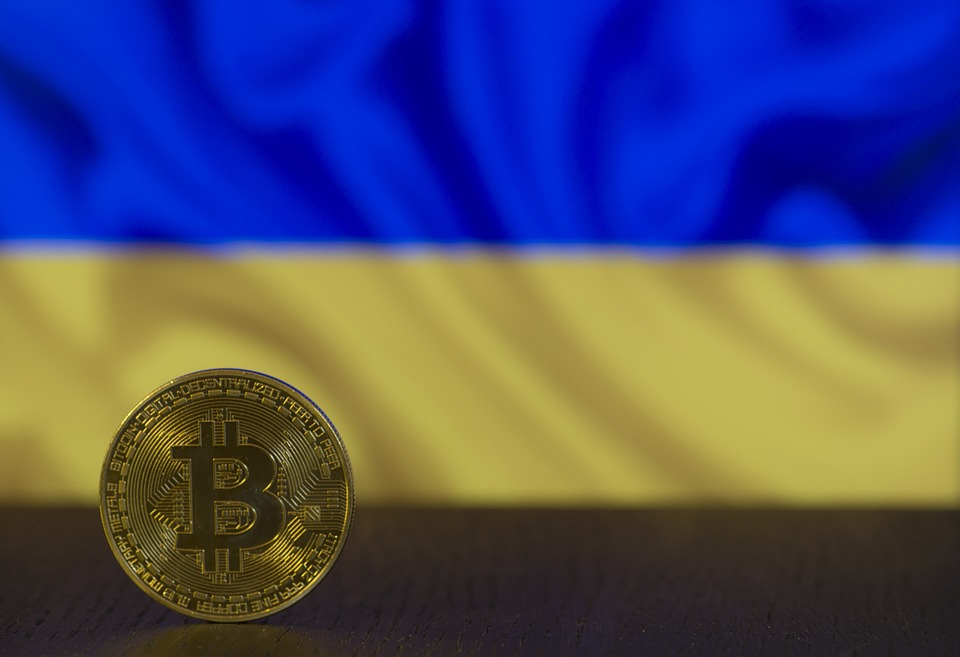<h1>Exploring Altcoins: The Future of Cryptocurrency</h1>
<h2>What are Altcoins?</h2>
<p>Altcoins, short for alternative coins, refer to any cryptocurrency that is not Bitcoin. While Bitcoin is the most well-known and widely used cryptocurrency, there are thousands of other cryptocurrencies that have been created since Bitcoin’s inception in 2009. These alternative coins offer different features, functions, and technologies compared to Bitcoin, making them attractive to investors and users looking for diversity in the cryptocurrency market.</p>
<h2>Types of Altcoins</h2>
<p>There are several types of altcoins, each with its own unique characteristics and use cases. Some of the most popular types of altcoins include:
<ul>
<li>Ethereum (ETH): Known for its smart contract functionality, allowing developers to create decentralized applications on its blockchain.
<li>Ripple (XRP): Focuses on enabling fast and low-cost international money transfers.
&li;Litecoin (LTC): A faster and cheaper alternative to Bitcoin for everyday transactions.
&li;Cardano (ADA): Aims to provide a secure and scalable platform for developing decentralized applications and smart contracts.
</ul>
<h2>Benefits of Investing in Altcoins</h2>
<p>Investing in altcoins can offer several benefits to cryptocurrency enthusiasts. Some of the advantages of investing in altcoins include:
<ul>
<li>Diversification: Altcoins provide investors with the opportunity to diversify their cryptocurrency portfolio beyond Bitcoin.
<li>Potential for High Returns: Some altcoins have the potential to deliver higher returns on investment compared to Bitcoin.
&li;Innovation: Altcoins often introduce new technologies and features that can drive innovation in the cryptocurrency space.
&li;Hedging Against Risks: Investing in a variety of altcoins can help hedge against the risks associated with fluctuations in the value of a single cryptocurrency.
</ul>
<h2>Risks of Investing in Altcoins</h2>
<p>While investing in altcoins can be lucrative, it also comes with its own set of risks. Some of the risks associated with investing in altcoins include:
<ul>
<li>Volatility: Altcoins are known for their price volatility, which can lead to significant gains or losses for investors.
<li>Lack of Regulation: Many altcoins operate in a regulatory gray area, making them vulnerable to regulatory scrutiny and potential crackdowns.
&li;Security Concerns: Some altcoin projects have been plagued by security vulnerabilities, hacks, and scams, leading to loss of funds for investors.
&li;Liquidity Issues: Some altcoins may have low trading volumes, making it difficult for investors to buy or sell their holdings at a desired price.
</ul>
<h2>The Future of Altcoins</h2>
<p>While the cryptocurrency market is still in its early stages, altcoins are expected to play an increasingly important role in shaping the future of decentralized finance. With ongoing advancements in blockchain technology and the rise of new use cases for cryptocurrencies, altcoins are likely to continue innovating and evolving to meet the demands of a rapidly changing digital economy.</p>
<p>As with any investment, it is important for investors to conduct thorough research and due diligence before investing in altcoins. By understanding the risks and potential rewards of investing in altcoins, investors can make informed decisions and navigate the volatile cryptocurrency market with confidence.</p>




